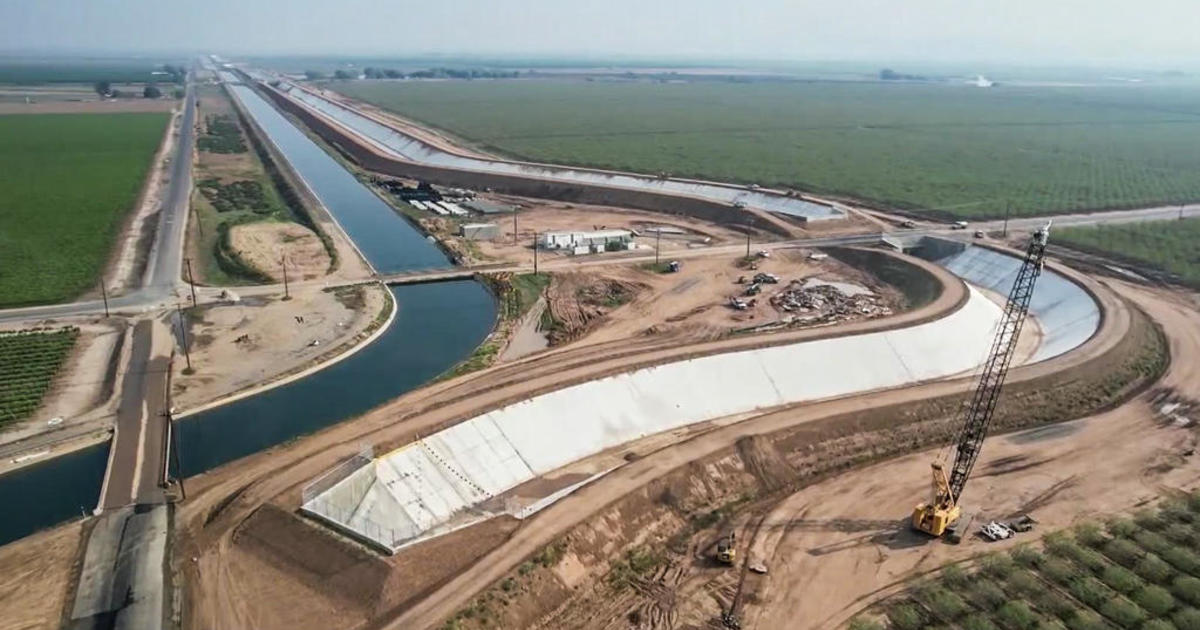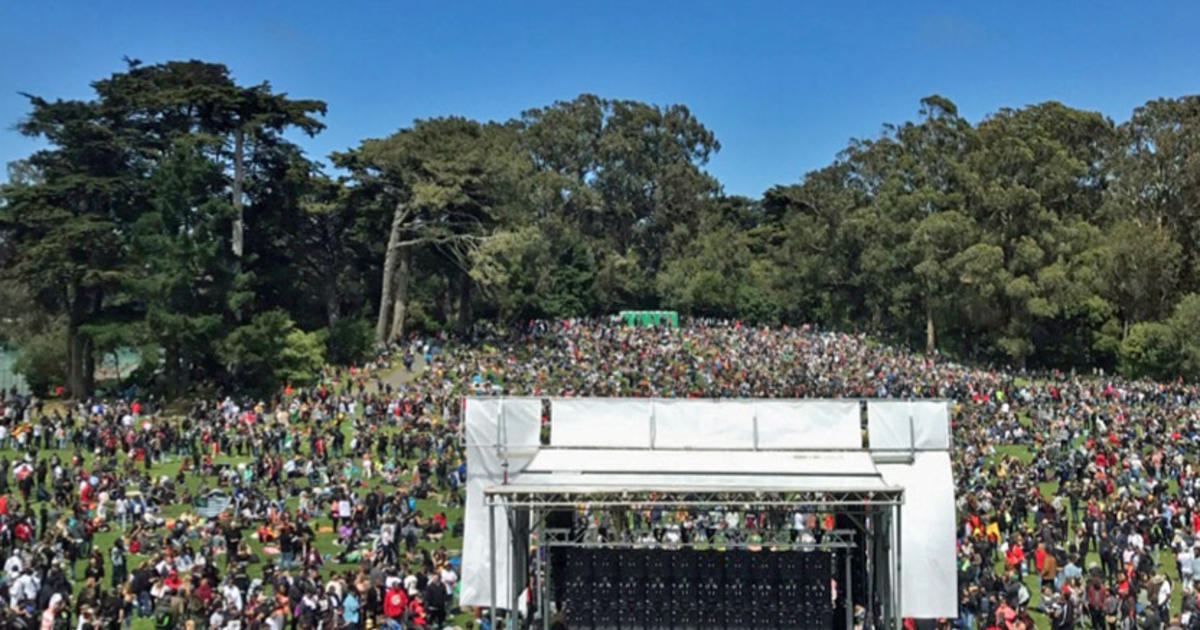Unmarked Graveyard In Lucas Valley Holds Hundreds Of Unidentified Remains
SAN RAFAEL (KPIX) -- A campaign is underway in Marin County to mark an graveyard in Lucas Valley that holds the unidentified remains of nearly 300 people who died well over a century ago.
Just out front of the Marin County Parks Field Office is what looks like open space. But to find out what lies beneath it you have to go to the Anne T. Kent California Research Room of the Marin County Free Library.
"This shows the…um…forgotten history," explained digital archivist Carol Acquaviva as she pulled out a large, time-worn volume.
Records dating back to the 1880's show that the area around the field housed a county operated farm and barracks for the poor as well as a large indigent hospital.
"The county, back in the 1880s decided that we needed this," said Acquaviva. "We needed to take care of these people."
The records give a fascinating glimpse into that time. Many of the so-called "inmates" of the hospital were immigrants from Europe. In one entry, a banker named Richard Maugh, was brought in for "stomach trouble" and later was kicked out for "disorderly conduct."
All eight members of the Enos family were admitted in a single day in 1922, all suffering from Scarlet Fever.
The farm and hospital for the poor was operated from about 1880 to 1955. It was eventually closed when newer facilities were opened and the buildings were abandoned because of seismic weakness.
But what happened to the patients who didn't make it is the subject of a new documentary called "A Silent Legacy."
The two local teenage filmmakers -- Georgia Lee and Mitchell Tanaka -- reveal in their film that the remains of hundreds of bodies were buried in that open field.
"The graveyard was used to bury inmates from both complexes," the film's narrator says. "But these simple panels conceal a plethora of stories."
Time has erased most of the graves; just a few concrete markers remain, some with numbered metal plaques. But they are also clues that, coupled with the county records, have the potential to revive the memory of someone long forgotten.
When asked, Acquaviva confirmed that the film might lead to someone being rediscovered and identified.
"Yes. There's stories! There's stories to be had! That's pretty neat!" Acquaviva exclaimed with a laugh.
In addition to the documentary, the young filmmakers are campaigning to have the graveyard area fenced off or at least posted with appropriate signs. That way people will know that it is not just open space.
"History is all around us. You just have to look around, You just have to look down," said Acquaviva.



